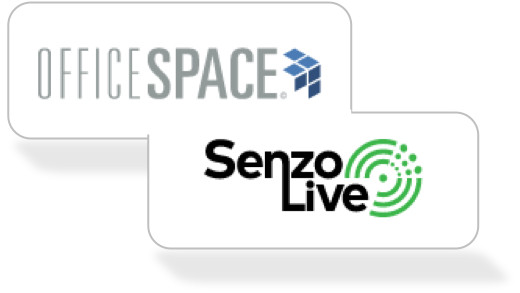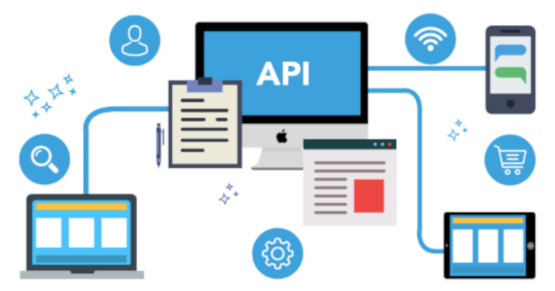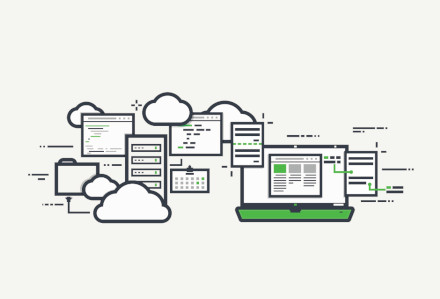Big Data, its 5 V's, and Proptech
Proptech is defined as the current digital transformation of the real estate industry. New technologies and business models are used to disrupt the status quo and provide for evolving requirements with respect to the demand in the real estate sector. There have been three iterations of Proptech, namely:
- Proptech 1.0 started in 2007 with online portals - such as PropertyGuru - which collated property listings into one central area for the ease of customers’ reference.
- In 2013, Proptech 2.0 came onto the scene. This wave of start-ups provided purchasers and sellers new tools to improve the efficacy of decision-making processes. An example of such a company is Propstack in India.
- Proptech 3.0 emerged in 2014. It uses technologies such as Big Data and the Internet of Things (IoT) to address the needs of the real estate sector. As of 2017, the global Proptech Industry was valued at US$7.8 billion with the majority of funds going to China.
The concept of Big Data is nothing new. Large data sets have been in existence since the 1960s, however, it is only recently that this information is being harnessed and processed by organisations to provide relevant and accurate insights.
Big Data is usually characterised by the 5Vs (concept introduced by Gartner): volume, velocity, variety, value and veracity. In this article, I will expand on these five concepts and will link them to the Proptech Industry.
Volume
Oracle makes the point that the sheer volumes of data involved in Big Data are mind-blowing. It is predicted that, in the next year or so, every person online will be responsible for creating approximately 1.7 megabytes of new data every second of every day.
Tech-enabled brokerage or search property portals that help on transactions between the buyers and sellers of property, Co-Working spaces networks or IoT hardware for tenants and homeowners in the form of sensors, are just some examples that demonstrates the massive increase in the volume of data aggregated and utilised in the Proptech space.
Velocity
In our current business world where most organisations operate globally and in a rapidly changing environment, these huge volumes of data need to be processed instantly and in real time. Velocity can give a company a huge competitive advantage when it comes to critical decision-making because the more data is analysed the better the insights drawn could be.
The European Union has had a lot of success with increasing data-processing speed and their Ultramagnetron project was viewed as a game-changing event in the industry. The project investigated the possibility of improving data storage by using light technology as opposed to magnetic fields. Commercial giants - such as Phillips and Seagate - are currently investigating how they can use this technology in their commercial enterprises.
5G Networks are another development which will speed up the rate at which we receive data. These networks - which are set to arrive in 2020 - aim to facilitate download speeds of of over 1,000Mbit/s (1Gbit/s). This is compared to current speeds of around 60Mbit/s on 4G in the United Kingdom. The effect of this increased rate of data transfer is that companies will be able to operate at faster speeds which could become one of their competitive advantages as their response time to customers’ requirements will be more agile and quicker.
Variety
Traditionally, data was only in text format but with the shift in the Internet being accessible to everyone the information comes in various formats and no longer only text.
As audio and visual data is much larger in size than text-only information, it has become necessary to re-think the way in which data is stored. The requirement for increased storage capacity has resulted in physical infrastructure becoming inadequate in addition to capital intensive because to respond to the increasing need for storage capacity, more capital would have to be spent on purchasing extra infrastructure. Additionally more space would need to be sourced in order to house this infrastructure so skyrocketing the costs that a company would need to lay out even further.
Cloud computing – specifically Infrastructure as a Service (IaaS) – has alleviated this constraint. This is because it has reduced, and even eliminated, the necessity for physical infrastructure. It has virtualized infrastructure and, as such, their costs are reduced significantly.
Proptech is no longer limited to only brokerage transactions but the scope has dramatically expanded with data coming in all shapes and size. You can get a taste of the latest Proptech companies from APAC in this JLL report. In the recent years computing cloud companies have improved how to store, process and analyse collected data creating a much more accessible landscape to many start-ups.
Value
This is probably the most important V on the list. As mentioned in my previous article, when data supports business strategies it becomes a great asset. And even more when companies manage to monetize it. Without the intrinsic value of data, companies would not invest in the infrastructure to collect it nor on the dedicated teams to analyse it.
It is difficult to assess the face value that data brings to each business. However, we can draw conclusions from the VC market. In this new arena of Proptech 3.0, four start-ups were valued at US$1 billion mark in 2016. These were Compass, Homelink, SMS Assist and Opendoor.
In 2017, reports show that WeWork and Compass raised the most capital investment. US$4.4 billion into WeWork and US$450 million into Compass was injected by Softbank respectively. Recent statistics show that total venture capital investments in real estate tech start-ups jumped by nearly 104%. This was in the period from May 2018 to June 2018.
Veracity
For the insights drawn from big data to have any value, these extrapolations need to have truth and must be able to be verified. In the real estate industry, the use of blockchain technology facilitates the transparency that investors are demanding. For example, ShelterZoom provides real estate purchasers with a smart contract which is triggered when funds are transferred. As the success of Proptech is measured by how transparent and reliable the data generated is, this simplification of transactions responds well to this need.
To summarize, owing to the enormity and intricacies of data that is a characteristic of business today, we now need to develop novel ways of analysing this information.
As I’ve said previously, we currently find ourselves in a rapidly changing environment where companies - especially in the Proptech space - are using Big Data to innovate significantly . This variety of data has allowed companies to draw consumer insights to assist them in their business strategies. This data when it is packaged in a certain way its value – both monetary and for users – increases exponentially.
Businesses are facing extremely complex problems in today’s competitive environment and valuable data is becoming a currency of success.
As Peter Sondergaard, Senior Vice President, Gartner Research, said: “Information is the oil of the 21st century and analytics is the combustion engine.” Data is the fuel that will power our economy going forward but for it to make sense in our business environments, add value and to give us a competitive advantage it needs to respond to our business strategies.
How Can We Help?
Contact Sales
– like to schedule a 15 min online DEMO? Have questions about benefits of occupancy management and analytics? Need more information about different sensor types? Pricing? Our sales team is here to help.
Tech Support
– If you are an existing SenzoLive customer, our tech support team is here to answer your questions.
Technical, API Docs
– If you considering integrating Senzolive occupancy data to your own dashboards and analytics, our product team has prepared documentation to help you learn the details.
Careers
– we need new brilliant minds to join our team ASAP. Together, let’s propel the smart-device revolution in real estate markets. Give us a call – WE ARE HIRING.












